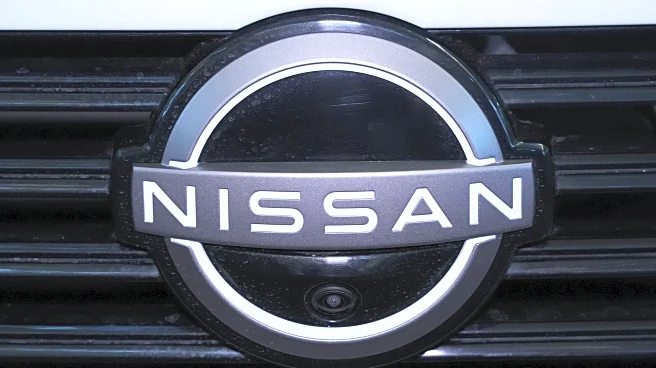What's Happening?
OpenAI is under scrutiny for its approach to AI regulation and ethical practices. Nathan Calvin, a lawyer at Encode AI, has accused OpenAI of using intimidation tactics related to California's SB 53, an AI safety bill. Calvin claims OpenAI sent a sheriff's deputy to serve him a subpoena for his private communications with legislators and former employees. This move is seen as part of OpenAI's broader strategy to influence AI policy. Additionally, OpenAI's recent launch of the Sora video generation tool has raised concerns about copyright infringement and ethical implications, as it includes AI-generated content of deceased celebrities. Chris Lehane, OpenAI's VP of global policy, has defended the company's actions, emphasizing the democratization of AI technology, but internal and external criticisms persist.
Why It's Important?
The controversy surrounding OpenAI highlights the complex intersection of technology, ethics, and regulation. As AI technology advances, companies like OpenAI face increasing pressure to balance innovation with ethical considerations and legal compliance. The accusations of intimidation tactics and the ethical concerns over AI-generated content could impact OpenAI's reputation and influence future AI policy discussions. Stakeholders, including legislators, advocacy groups, and the public, are closely watching how OpenAI navigates these challenges, which could shape the regulatory landscape for AI technologies in the U.S.
What's Next?
OpenAI may need to address the criticisms and legal challenges it faces, potentially leading to changes in its approach to AI regulation and ethical practices. The ongoing debate over AI safety and regulation could prompt further legislative action, influencing how AI technologies are developed and deployed. OpenAI's internal discussions and public statements may evolve as the company seeks to align its practices with its stated mission to benefit humanity. Stakeholders, including policymakers and advocacy groups, are likely to continue scrutinizing OpenAI's actions and their implications for the broader AI industry.
Beyond the Headlines
The ethical concerns raised by AI-generated content, particularly involving deceased individuals, underscore the need for clear guidelines and regulations in the AI industry. The potential misuse of AI technologies, such as deepfakes, poses challenges for content moderation and raises questions about privacy and consent. As AI becomes more integrated into society, companies must navigate the ethical implications of their technologies, balancing innovation with respect for individual rights and societal norms.










